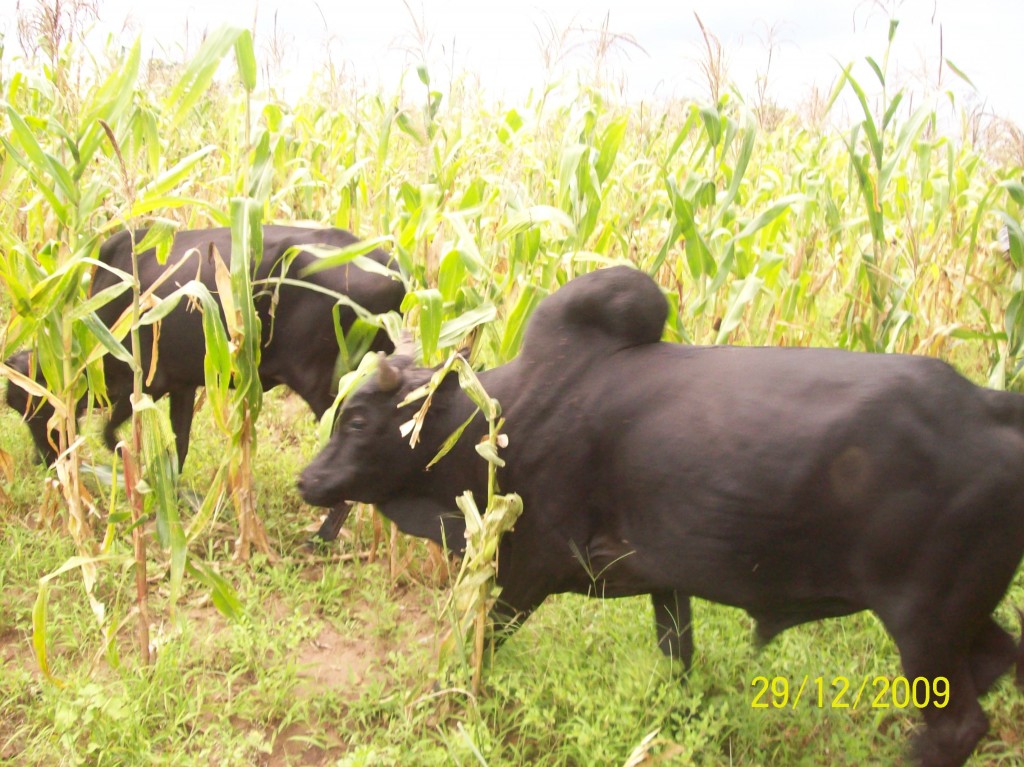Why women in Uganda can not 'own Land'
Jan 21, 2015
Story

I would like to share with you an article by Mary Ssonko Nabacwa (Working in Gender and Development in the in the Ugandan Context in 2004) that I read from http://www.wougnet.org/documents.html . These believes and attitudes still prevail in our communities. These bottlenecks require consistent approaches on educating the communities to change their attitudes.
The Land Act of 1998: Section 40 of the Land Act restricts land transactions without the consent of spouses for family land. However the operation of this is not easy as women have limited decision-making powers in the home especially in communities where bride price is paid. For most, it is interpreted as payment for the bride and hence the right to control her. Lack of the provision for co-ownership has made the operationalisation of this clause technically difficult.
How do you seek consent from someone to sell what she does/he does not jointly own with you? When it comes to user rights, there is no specific legal provision for this. In practice, women generally have user rights once they have access to land mainly through their relationship to men. However these relationships affects women’s decision making about land utilisation and enjoyment of its products (in the sale of cash crops). Secondly when the relations become sour, the women are likely to loose these user rights as illustrated by the case study below:
"My name is Agote Mary. I am 30 years old. I am a wife of Akia Akospheri. We stay in Angodi village, Kachango Parish, Gogonya sub-county. I got married when I was 16 years old. My husband is a shopkeeper and I am a housewife. He paid 5 heads of cattle when he was going to marry me. We had been peaceful until my husband decided to bring another wife whom he cohabited with from 1996. He used to stay with the woman in town for one year during which time, he gave me no assistance. He lost his job and came back to the village in May 1999. He moved with the new wife into the house where I stayed and had been in-charge of constructing using money he used to send. There arose some misunderstandings between me and the co-wife. My husband stayed with the other wife and hardly gave me any assistance for example, I had to use one piece of soap for two weeks. My co-wife brought herbs and placed them in my suite-case and then she told my husband to check it. She accused me of trying to bewitch him. I tried to defend myself but he wouldn’t listen. He believed my co-wife’s story and he beat me until I bled. I had to be hospitalised. He only paid the medical bill after he was forced to do so by the sub-county probation officer. After that incident he chased me out of the home. He wants my father to pay back the five heads of cattle so that he can marry the new wife. We bought land together. I contributed by digging on other peoples land for money, but now since he has chased me away, I cannot get anything. He also refused me to go with my children and every time they come to see me he beats them. I have reported him to the District Probation Officer, but he has done nothing because my husband and him are former schoolmates".
The above case study shows the need for a comprehensive law reform process due to the fact that gender related problems cut across all laws. Secondly it also shows the challenge in practising the laws due to the deeply engrained cultural beliefs that lead men to behave in the way they do as illustrated by the above case study. The report below from a focus group discussion with men in Kapchorwa district below show the complexities of law reform in Uganda.
“Women should not own land. Women do not own their children so how do they own land? The reason why women do not own land is because God created man first and later created woman out of the man’s rib. How can women own land? The woman sinned first, so she has to bear more problems. Women are weak in the head and may take wrong decisions in relation to land. Men are superior to women and women have an inferiority complex. A man owns the woman as his property. Women do not want land because they know that land is for the boys and it is not a problem that women do not own land. Land is for the clan. The woman is just there ‘hanging’, she belongs to no clan. One man in particular, said he couldn’t give land to his daughter, “ Why should I give land to someone who is in transit?”




